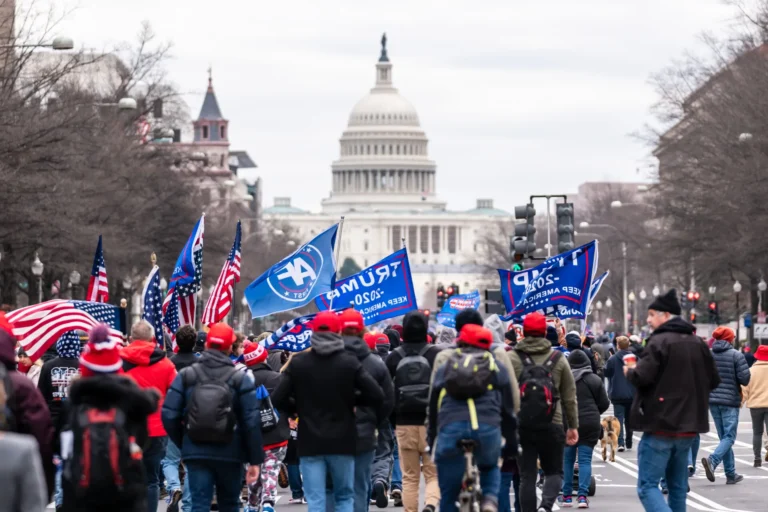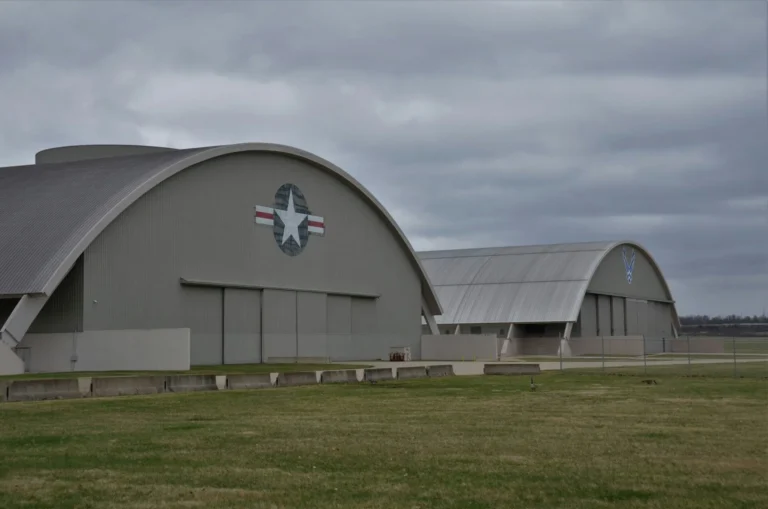By Cliff Montgomery – Aug. 30th, 2012
Soon September will be upon us, and with it will come the Democratic National Convention (DNC) being held inCharlotte, NC from Sept. 4th-6th.
Now let’s be honest: These days the Conventions are little more than poor entertainment for the faithful. Butit’s possible that a real story will be found outside on Charlotte streets, among those who attempt to engage inacts of free protest or assembly.
In recent years, this city of the Deep South has had little practical experience with acts of genuine protest. Andit’s beginning to appear that city leaders would like to keep it that way.
Some months ago Charlotte’s City Council amended the city code, declaring the move to be a part of itspreparation for the DNC. The amendment gave the city manager the power to declare virtually any happeningin the town an “extraordinary event.”
In fact, it really gave the city manager the ability to grant extraordinary powers to the Charlotte police force.
Once an “extraordinary event” has been declared, city police are granted sweeping powers to search, detainand arrest anyone within the stated ‘event zone’. In one part, the new law states, “it shall be unlawful for anyperson…to willfully or intentionally possess, carry, control, or have immediate access” to such ordinary items asscarves, satchels, backpacks, duffel bags and coolers.
One can’t help but notice that this is a group of items which is most often used by protesters.
The law already has been utilized by city officials. In May, police were granted extra powers during a large-scaleprotest held at Bank of America corporate headquarters. The assembly was put together by Occupy Charlotte.
So there’s reason to believe that the law was passed simply to squash acts of protest in a banking metropolisonly beginning to form a voice of dissent.
In fact, the “extraordinary event” amendment appears to be simply one in a series of recent controversialdecisions made by Charlotte leaders to make acts of free speech in the area as burdensome as possible.
Last year, the city denied Occupy Charlotte’s attempts to obtain portable toilet facilities for its initial long-termoccupations of public land.
Then authorities began refusing protesters access to the public restrooms at nearby city-owned facilities. SoonOccupy Charlotte’s only Internet portal and power source was cut off.
Then in Jan. 2012, the City Council passed its ordinance regarding any ‘camping on public property.’ Theordinance seemed to allow Occupy protesters to continue their long-term protest, though in a modified form – atleast this was the publicly declared judgment of Charlotte’s city attorney.
But top police brass interpreted the ordinance differently, and had its rank-and-file break up the free assembly.Though asked repeatedly by this reporter, police spokespeople refused to state who in the department hadmade that decision.
And finally there is the city manager’s new power to declare “extraordinary events.” How this law is employed inSeptember by Charlotte’s elite may prove to be the real story of the 2012 DNC.
Regardless, protesters preparing for the Convention appear ready to make their voices heard.
Edward Childs serves as a chief steward for hundreds of food service workers at Boston’s Harvard University.He came to Charlotte around the end of July, and plans to remain through the Convention. The Unite Hererepresentative acknowledged to The Washington Post that he finds it “frightening” to be in a so-called ‘right-to-work’ state like North Carolina.
Childs also told the Post of the beleaguered state of mind he’s discovered among workers in the Deep Southcity, pointing to the sometimes “fearful” reaction he receives from hotel and city employees during his talks tothem on union strategy and tactics.
That oppressive atmosphere is precisely why labor unions have stated a strong disapproval of DemocraticParty leaders’ decision to hold the convention in NC.
But some city residents are hoping to change this mindset. Michael Zytkow is one of the more visible OccupyCharlotte protesters. Often seen or quoted in the local press, Zytkow told the Post he hopes to help “normalizeprotest culture in Charlotte.”
The Occupier pointed out to the Post that North Carolina wasn’t always so timid, recalling “the long history ofprotest culture in the South,” which of course includes the famous marches, boycotts and sit-ins which tookplace during the civil rights movement of the 1950s and ‘60s.
“We want to make sure we don’t squander this time,” Zytkow told the Post.





